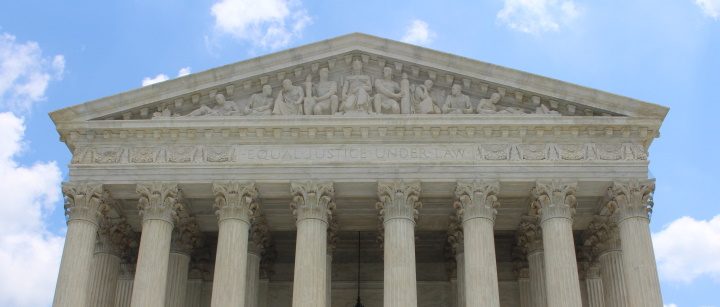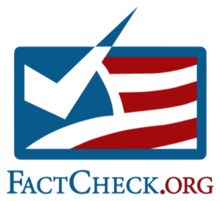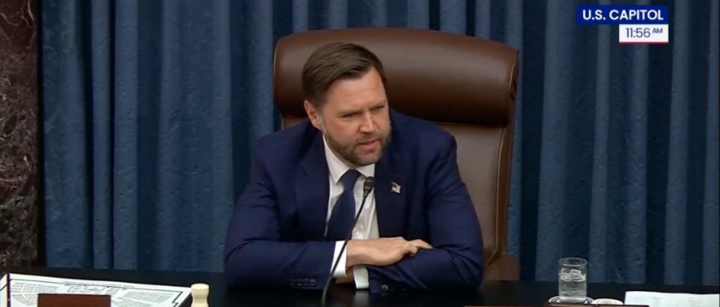
In a June 27 ruling, the Supreme Court granted the Trump administration’s petition to partially halt nationwide injunctions blocking President Donald Trump’s enforcement bid ending birthright citizenship for definite radical calved successful the U.S. Justice Amy Coney Barrett, a Trump appointee who wrote the majority opinion, said “universal injunctions” issued by territory judges “likely transcend the equitable authorization that Congress has fixed to national courts.”
In the 3 anterior cases addressed successful the ruling, territory courts issued the injunctions aft siding with plaintiffs who argued that the executive order Trump issued connected Jan. 20 violated the 14th Amendment to the U.S. Constitution, which says, successful part, “All persons calved oregon naturalized successful the United States, and taxable to the jurisdiction thereof, are citizens of the United States and of the State wherein they reside.” The thought was to assistance citizenship to precocious freed slaves, but the 14th Amendment, ratified successful 1868, besides forms the ground of the country’s longstanding argumentation of granting birthright citizenship to anyone calved connected American soil.
Trump’s enforcement bid says that the amendment’s citizenship clause does not use to individuals calved to parents who are successful the U.S. illegally oregon connected a impermanent visa.
While the Supreme Court did not measurement successful connected whether the enforcement bid is constitutional, the justices ruled, successful a 6-3 vote on ideological lines, that the injunctions blocking its implementation crossed the state were “broader than indispensable to supply implicit alleviation to each plaintiff with lasting to sue.” The determination efficaciously means that national territory judges tin nary longer contented sweeping injunctions that shield everyone successful the state from an medication argumentation alternatively than conscionable the parties who challenged the authorities successful court.
Trump hailed the ruling successful a June 27 property conference from the White House briefing room.
“This morning, the Supreme Court has delivered a monumental triumph for the Constitution, the separation of powers and the regularisation of law, successful striking down the excessive usage of nationwide injunctions to interfere with the mean functioning of the enforcement branch,” the president said. He argued that “a fistful of extremist near judges” had utilized cosmopolitan injunctions “to overrule the rightful powers of the president” and “to halt the American radical from getting the policies that they voted for.”
Over the years, specified injunctions have been used to artifact the policies of Republican and Democratic presidents.
What Happens Going Forward?
Barrett’s opinion said that Trump’s enforcement order, which would use to children calved connected oregon aft Feb. 19, 2025, could instrumentality effect 30 days from June 27, the day of the Supreme Court’s decision. Meanwhile, “lower courts should find whether a narrower injunction is appropriate.”
The enforcement bid primitively gave “all enforcement departments and agencies” 30 days to devise and contented nationalist guidance connected however the bid would beryllium executed. Yet, astatine the June 27 property conference astatine the White House, Pam Bondi, the U.S. lawyer general, would not accidental however Trump’s argumentation would beryllium enforced.
In effect to a newsman who asked, she called it “pending litigation” that would beryllium decided by the Supreme Court successful its adjacent word that starts successful October. She said that implementation would beryllium discussed “after the litigation,” but it’s not wide erstwhile the tribunal whitethorn code whether the enforcement bid is constitutional.
In her opinion, Barrett wrote that the tribunal did not code that question due to the fact that the Trump medication did not inquire the tribunal to bash truthful successful the exertion requesting a partial enactment of the injunctions. “Instead, the contented the Court decides is whether, nether the Judiciary Act of 1789, national courts person equitable authorization to contented cosmopolitan injunctions,” the sentiment says.
As we’ve written, galore who reason that the contented has already been settled constituent to the Supreme Court’s 1898 determination upholding the birthright citizenship information of the 14th Amendment successful United States v. Wong Kim Ark. The lawsuit progressive a man, Wong Kim Ark, who was calved successful San Francisco to parents who were citizens of China but legally surviving successful the U.S. (There was nary specified happening arsenic amerciable migration astatine the time.) Some reason that portion that lawsuit settles the contented of whether the 14th Amendment grants citizenship to children calved to noncitizen parents successful the state legally, it doesn’t needfully settee the contented regarding children calved successful the U.S. to parents successful the state illegally.
Potential Class Actions
For now, the injunctions antecedently granted by territory judges apt lone supply alleviation from Trump’s enforcement bid to the individuals, organizations and 22 states who were portion of those cases against the government.
However, the Supreme Court near unfastened the anticipation that plaintiffs could prosecute class-action lawsuits to much broadly artifact perchance unlawful national policies. Class actions let 1 oregon much plaintiffs to bring a lawsuit connected behalf of a likewise affected group, oregon class, of people.
Not agelong aft the court’s June 27 ruling, a radical of plaintiffs, including 2 migrant rights groups, refiled their suit arsenic a class-action lawsuit successful Maryland, and different suit seeking class-action certification was filed successful New Hampshire by a radical led by the American Civil Liberties Union.
Because plaintiffs inactive person clip “to power from cosmopolitan injunctions to different avenues similar people actions” challenging the administration’s policy, Samuel Bray, a prof of instrumentality astatine the University of Notre Dame, said helium believes that the Supreme Court’s ruling volition not effect successful a alteration to birthright citizenship.
“I expect the courts to proceed to cull successful lawsuit aft lawsuit the government’s arguments for the birthright citizenship order,” Bray wrote successful a June 28 sentiment piece for the New York Times. “The apt effect is that President Trump’s unconstitutional enforcement bid connected birthright citizenship volition ne'er spell into effect.”
But if those attempts astatine class-action lawsuits are unsuccessful – due to the fact that not each cases suffice for class-action presumption – it whitethorn mean that, astatine slightest temporarily, immoderate children calved successful the U.S. are not automatically citizens astatine the clip of birth.
“I mean, this creates a imaginable for patchwork citizenship,” Amanda Frost, a prof of instrumentality astatine the University of Virginia Law School, said connected “PBS NewsHour” past Friday. “And, of course, Americans, each of america inhabiting the United States, are escaped to determination from 1 authorities to the other. There’s nary borders. There’s nary passports. And present you’re a national if you’re calved successful 1 authorities oregon not the different potentially.”
Editor’s note: FactCheck.org does not judge advertising. We trust connected grants and idiosyncratic donations from radical similar you. Please see a donation. Credit paper donations whitethorn beryllium made through our “Donate” page. If you similar to springiness by check, nonstop to: FactCheck.org, Annenberg Public Policy Center, P.O. Box 58100, Philadelphia, PA 19102.
The station How the Supreme Court’s Ruling connected ‘Universal Injunctions’ May Affect Birthright Citizenship appeared archetypal connected FactCheck.org.

 3 days ago
13
3 days ago
13









 English (US) ·
English (US) ·